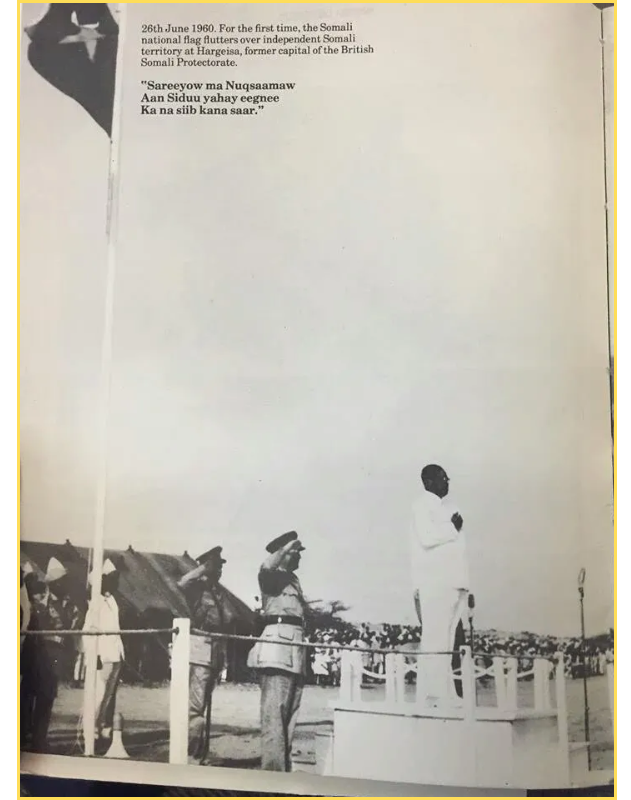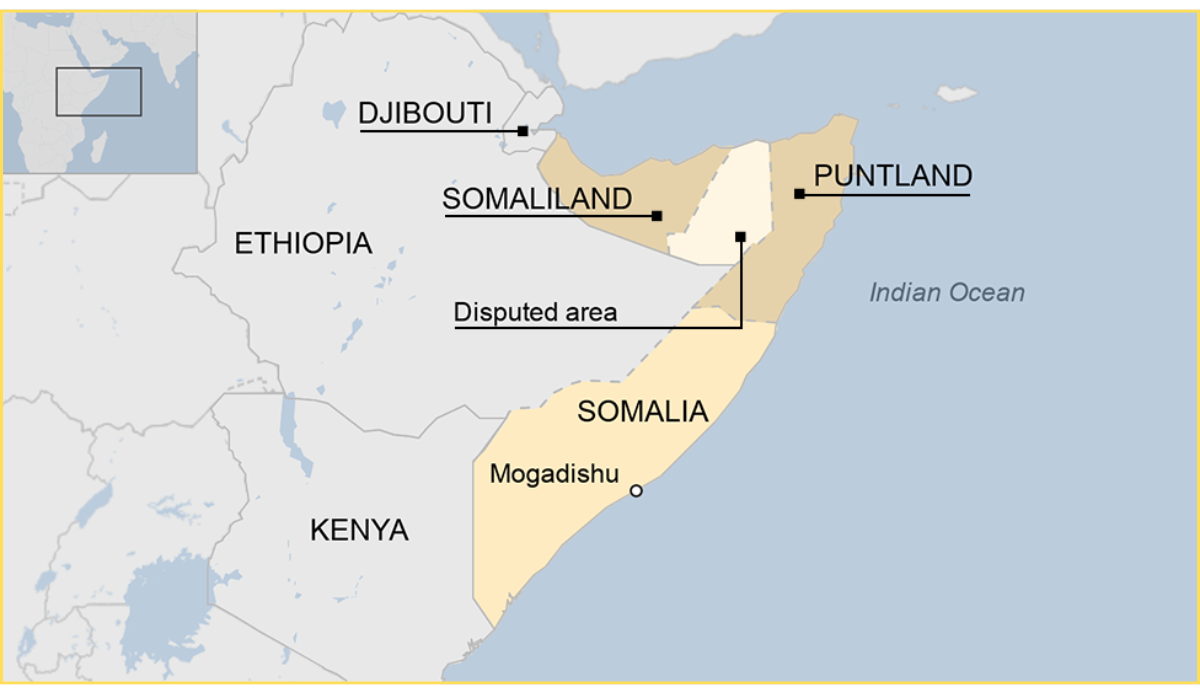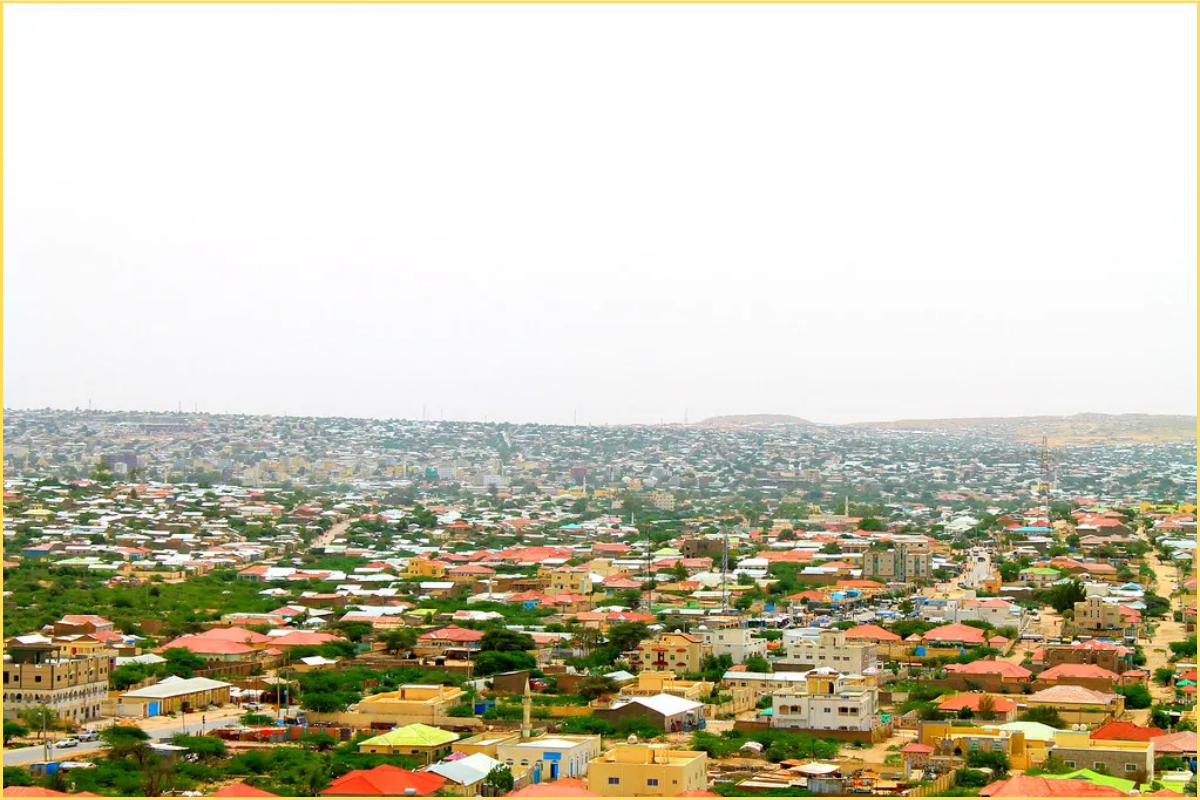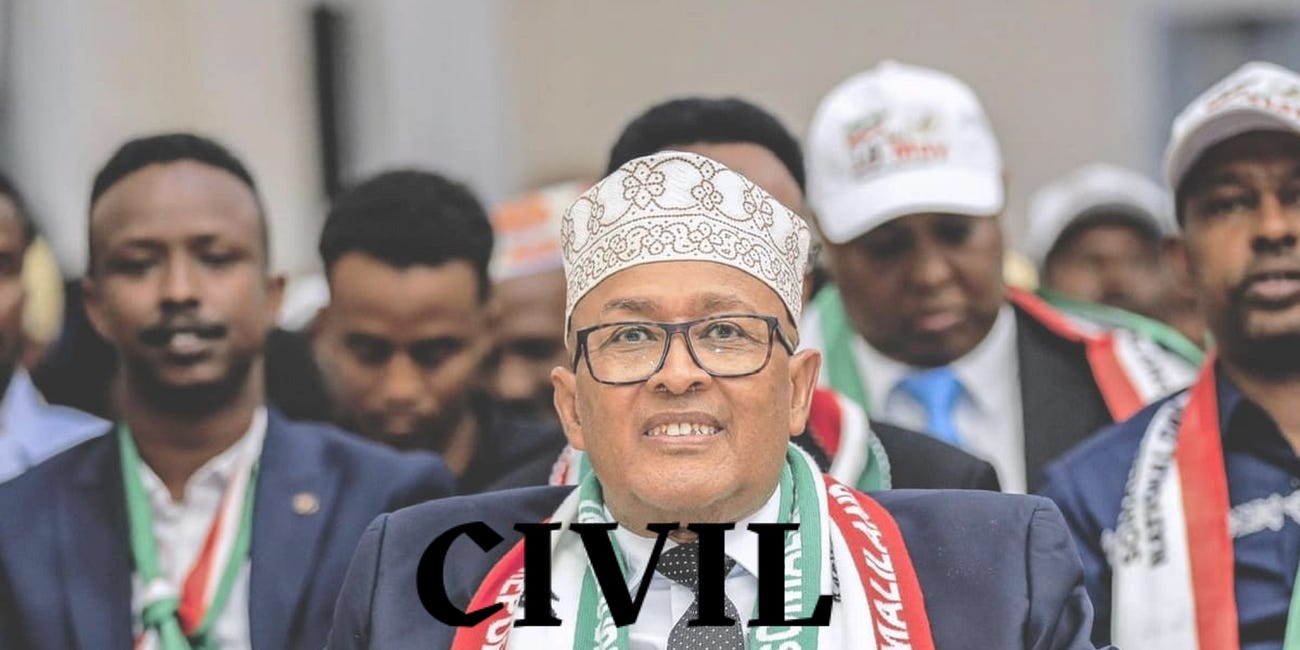rep brian mast’s bill isn’t about america or somaliland, it’s about israel.
introduced on 9/11 by a congressman with idf ties, the bill reflects tel aviv and abu dhabi’s push to secure the bab el-mandeb, not washington’s interest in somali unity.
On September 11th, while Americans marked the anniversary of the “attacks” that defined a generation, Congressman Brian Mast introduced a bill in Washington. It was a curious choice of timing. Legislation on Somaliland, a self-declared republic that the United States does not recognize, advanced by a lawmaker with unusually close ties to Israel.
The bill makes clear. Section 305 of the Department of State Policy Provisions Act (H.R. 5300) calls for opening a U.S. representative office in Hargeisa, creating separate travel advisories for Somaliland, and encouraging American investment. But legislation is never just about the text. The context tells a different story.
Mast is not a typical Republican congressman. A decorated Army veteran who lost his legs in Afghanistan, he later volunteered in support of the Israeli military through the Sar‑El program. In October 2023, he even wore an IDF uniform to a closed‑door House GOP meeting. A move that raised eyebrows about where his loyalties lie. That background matters, because Mast’s bill is not just about Somaliland. It is about the Red Sea and who controls it.
Somaliland sits on the Gulf of Aden, across from Yemen, at the mouth of the Bab el‑Mandeb Strait. This is one of the world’s chokepoints. Oil, cargo, and trade bound for Europe all pass through it. Whoever controls the ports and airstrips along this coast controls a piece of global trade. The UAE already knows this. Through DP World, Dubai has invested heavily in Berbera Port. Israel, increasingly tied to the UAE through the Abraham Accords, sees the Horn of Africa as an extension of its security map. For Tel Aviv, countering Iran means countering Houthi power in Yemen and a U.S. foothold in Somaliland would be a convenient hedge.
There’s a cruel irony here. The Somali flag was officially adopted on October 12, 1954. It was designed by Mohammed Awale Liban to symbolize the dream of uniting all Somali people under one nation: British Somaliland, Italian Somaliland, Djibouti, the Ogaden, and Kenya’s Northern Frontier District. Later, on June 26, 1960, it was raised officially for the first time in Hargeisa at the moment of independence for British Somaliland. Hargeisa was supposed to represent unity. Yet today, the same city has become the stage for foreign‑backed secession, port deals, and bills in Washington that serve outside powers more than Somalis themselves. What was once a symbol of pan‑Somali independence has been fragmented into a bargaining chip in global geopolitics.

On paper, the bill would “strengthen Somaliland’s international standing.” In practice, it would embed the U.S. deeper into an Emirati-Israeli strategy for the Red Sea. Washington takes the political risk of angering Mogadishu, its partners, and the African Union, while Israel and the UAE reap the security dividends. That’s why Mast’s authorship matters. When a congressman with IDF ties pushes a bill that aligns perfectly with Israel’s strategic interests, it’s not just about Somaliland. It’s about securing Israel’s sea lanes, tightening the anti-Iran axis, and pushing American policy further into Tel Aviv’s orbit, all under the cover of helping a breakaway Somali region.
FUN FACT: According to OpenSecrets, in the 2023–2024 election cycle Brian Mast raised $3,974,043 and spent $4,316,339, ending the year with $1,771,377 cash on hand as of December 31, 2024. His top industry supporter was retirees ($818,970), while the pro‑Israel sector contributed $259,069 ($241,069 from individuals and $18,000 from PACs, including $10,000 from AIPAC’s PAC). His single largest contributor was the AIPAC , whose members and PACs together gave $197,661. These official OpenSecrets figures show that Mast’s support is not only ideological but also financial, with organized pro‑Israel donors playing a central role in his fundraising.
This isn’t the first time U.S. lawmakers have been used to advance foreign agendas in Africa. But the symbolism of this happening on the anniversary of 9/11, a day that set the stage for endless wars abroad, should not be lost. Two decades later, Washington is still chasing someone else’s map, still inserting itself into conflicts that are not its own. And once again, it’s ordinary Somalis who pay the price, while Mast, Israel, and the UAE position themselves at one of the world’s most important sea lanes. The flag that once stood for Somali unity in Hargeisa now flutters as a reminder of how that unity was stolen. Hijacked by clan elites, foreign interests, and opportunistic outsiders.

firdhiye’s election and the collapse of somaliland’s independence narrative
For decades, Somaliland has presented itself as the exception in the Horn of Africa, a territory that broke away from Somalia in 1991 and built the facade of a stable, functioning democratic state wh…
For more on Somaliland’s ties with Israel and the UAE, and how recognition is being traded for bases and leverage, read my full investigation here:
the somaliland recognition roadshow
Over the past year, a quiet but coordinated marketing push has been trying to sell a new Israel–Somaliland recognition framework, essentially an extension of the Abraham Accords model, this time in t…
even google maps doesn’t believe somaliland anymore
Looks like Google Maps has dealt Somaliland another blow, its outline just got smaller, with the Northeastern state split off. For a territory that’s built its whole case on “democracy”, “stable bord…







